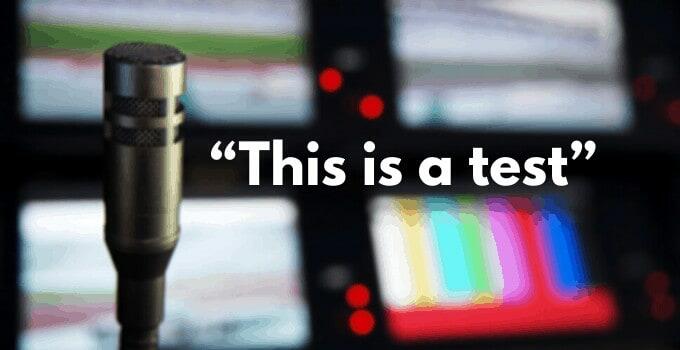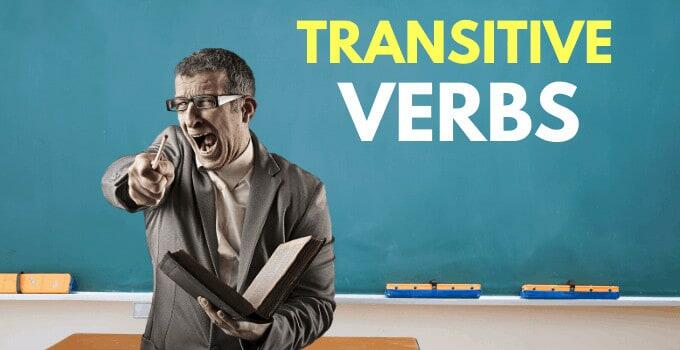It’s, a bit, annoying, when people, put unnecessary commas, in sentences. Let’s eat Tracy! Commas are generally used to signal the reader in taking quick breaks to breathe before proceeding to the next part of the sentence. While commas are essential in separating word series, phrases, or clauses, their unnecessary usage makes sentences awkward and …
English
Sometimes, a phrase may look simple and have one meaning that is straightforward, but there might also be a cultural association behind it that gives it an additional weight and meaning. You probably already know that a “test” is an examination of what you know about a given topic. However, it is also used when …
Formal, written English has some odd expressions in it. What’s especially interesting about these expressions is that they can take on nearly opposite meanings depending on the tone of the communication around them. Here we’ll look at one such example. What does “thank you for the reminder” mean? In short, this “thank you for …
If you read any style guide, one piece of advice you will come across time and again is to avoid using the same word over and over and over again. The reason behind this advice is that repetitive writing is boring, monotonic, and plain drab. You want to be none of those. In fact, …
A recurring theme on our blog is how the internet has impacted the English language, giving birth to new words and expressions. For instance, the current president of the United States has been known to “troll” people online using “memes” and “hashtags.” And, we are inundated by “spam” emails every day. However, it isn’t just …
Today’s topic is not about rain versus sun (that’s the “weather”) and it doesn’t involve rope, either (that’s a “knot”). Instead, we’re looking at the phrase “whether or not.” [toc] How to use the phrase “whether or not” in a sentence The word “whether” is a conjunction used to show that more than …
A gerund is a verb with “ing” added to the end of it. That sounds pretty straightforward, but identifying a gerund is not quite as simple as that because adding “ing” to a noun does not automatically make it a verb. Only some verbs ending in “ing” are gerunds. We’ll discuss more at length how …
Have you ever wondered why some verbs in a sentence need an object while others don’t? You’re not alone. Let’s unpack the mystery of transitive verbs and see how they differ from other types of verbs. Ready, set, go! Table of Contents What is a Transitive Verb? A Basic Explanation of Transitivity …
Time and again, we’ve seen how language evolves by enriching itself from different cultures, sort of like a cook who creates a new dish every night by mixing his old recipes. In fact, as you are reading this article, you are experiencing the result of evolution right now. You see, English is a mutt language, …









